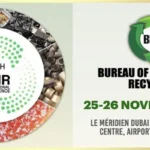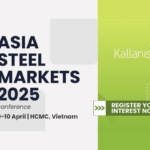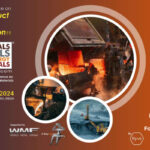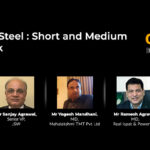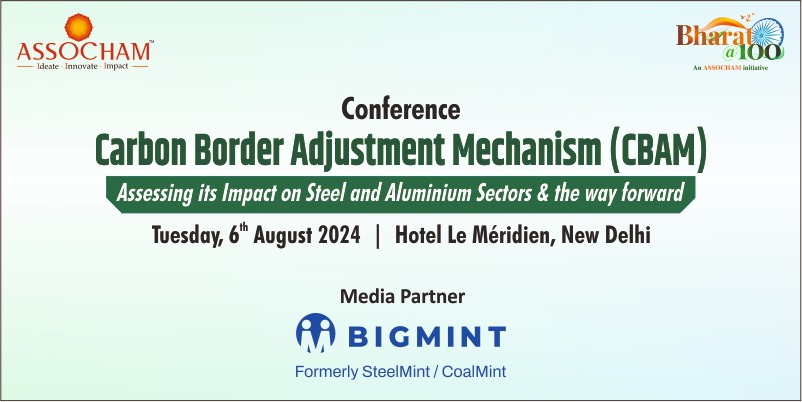
As we are moving ahead with the globalisation, the economic decarbonisation took centre stage among policymakers around the globe. With the emergence of carbon border fees and carbon disclosure requirements, countries have begun charging carbon emission fee doing international business in their region. Under the same mechanism, European Commission adopted the Carbon Border Adjustment Mechanism (CBAM) in 2023, as part of its wider climate and trade policy to address carbon leakage.
From Indian perspective, CBAM has received significant attention because of its impact on Indian exports into the European Union. More specifically, the CBAM requires product emissions reporting of various imported commodities from various carbon-intensive and hard-to-abate sectors which includes iron, steel, cement, aluminium, fertilisers, electricity, and hydrogen. For any imported good from one of these sectors after surpassing a specified carbon intensity level, importers will be charged a carbon pollution fee unless they can demonstrate that they have taken voluntary actions to reduce their emissions through clean energy sources.
While CBAM could potentially compel other countries to pursue low-carbon trajectories, its implementation came across as a surprise without adequate consultations with trading partners and international stakeholders representing a departure from consensus-building and inclusive global trade practices. It is also raising concerns regarding equity, efficiency, and its compatibility with international principles like Common but Differentiated Responsibilities and Respective Capabilities (CBDRRC) and World Trade Organization (WTO) agreements.
The price mechanism being uncertain presently, companies should start shaping the policies and strategies as per the European carbon border tax for smoother trading. There will be impact on global value chain of export, data accuracy and guard against unwanted risk of noncompliance. Traceability of often complex supply chains is a hallmark requirement of the CBAM, while such things bring an increased administrative burden, it also presents an opportunity to review the optimization of supply chains from a cost, efficiency, and risk perspective.
To discuss the concerns and opportunities for CBAM in India’s Steel & Aluminium Sectors, ASSOCHAM is organising a Conference on ‘Carbon Border Adjustment Mechanism (CBAM)’ – on 6th August 2024 at Hotel Le- Meridien in New Delhi.
𝐅𝐨𝐫 𝐚𝐧𝐲 𝐈𝐧𝐪𝐮𝐢𝐫𝐢𝐞𝐬, 𝐜𝐨𝐧𝐭𝐚𝐜𝐭 𝐮𝐬 𝐚𝐭: Yashika Agrawal | [email protected] | +91 9993903483





